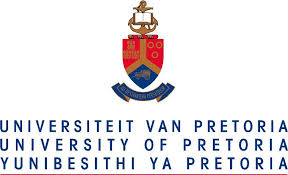 The
Rivonia Trial 50 Years On:
The
Rivonia Trial 50 Years On:
the Courtroom as a Space of Resistance
18-20
June 2013 – University of Pretoria
2014
marks the 50th Anniversary of Nelson Mandela’s historic performance of
resistance in the Rivonia Trial, an event widely recognized as “the trial that
changed South Africa”. Fifty years after Rivonia, law and the courtroom
continued to be the prominent, even the pre-eminent, sites of domination and
resistance throughout the world. If communism and Nazism formed the spectre
that haunted political justice in the second half of the 20th century,
terrorism has become its focal concern in the 21st century.
In
recent times, a diverse range of thinkers have attempted to rework and
reconfigure conceptions of space, resistance, authority, domination, rights,
responsibility, justice, and law’s own place in practices of domination and subjectification.
The courtroom has been a key public space where these discursive formations are
resignified, articulated, navigated, displaced, and enforced. In celebration of
the landmark event that was the Rivonia trial, we want to invite papers that
explore the hegemonic and subversive potentials of the space of the courtroom
in the light of emerging theoretical, sociocultural, and literary
interrogations.
We
encourage interdisciplinary contributions that explore not only the Rivonia
trial, but also other historically and politically significant trials that open
up a space for dialogue on the transformative opportunities, communicative or
strategic, of the trial. The organizing committee invites proposals that includes
but extends well beyond, the following:
·
The legacy of the Rivonia trial1
·
The legacy of the Treason trial2
·
The courtroom as a site of resistance [specific trials]
·
The Courtroom and technologies of domination [specific trials]
·
Trials of ‘terrorists’
·
The trial of rupture
·
Performativity, and theatricality in the courtroom
Selected
papers will be published as an edited volume on the ‘Legacy of the Rivonia
trial’.
Please
submit abstracts and proposals of no more than 350 words to
rivoniatrial50@gmail.com by 20 April 2013.
Organised
by Professor Emilios Christodoulidis (Glasgow), Professor Karin Van Marle
(Pretoria), and Awol Allo (Glasgow)


